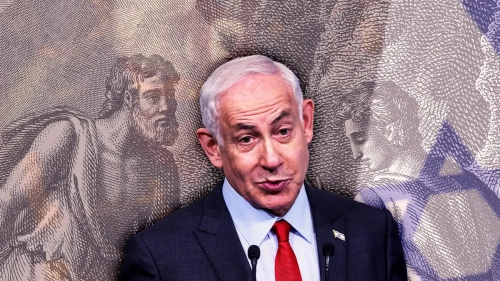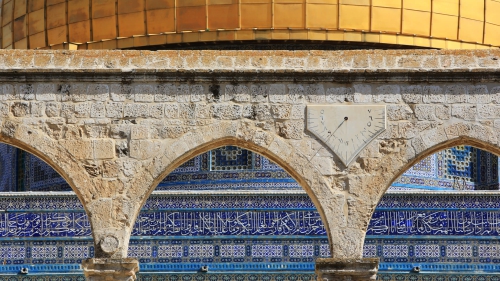Faith-Based Initiative May Do More Harm Than Good
This week the Bush administration's plan enabling faith-based organizations to assist in delivering government funded social programs hit a brick wall in the House of Representatives. Republicans, sensing that Bush's plan lacked sufficient support, suddenly postponed a vote on the measure. But the news may actually be good for many minority faith-based groups, especially Muslims.
While the idea to empower religious organizations with the necessary tools to combat poverty, drug addiction and crime is a noble one, it has become somewhat apparent that few safeguards have been put in place to ensure the funds are fairly dispersed.
Shortly after Bush gathered leaders of the nation's major religious organizations, Muslim Americans were among the first to rejoice at their newly assigned role as co-caretakers of the country's ill and needy.
Bush's campaign promises and inaugural speech, for the first time in U.S. presidential history, included Muslim Americans as part of a larger vision of healing the nation's wounds. His invitation was met with a warm response from this beleaguered community, which has become accustomed to the racist practices of many American politicians who have outright rejected its support.
Just this past election season, Hillary Rodham Clinton promptly returned the donations of Muslim Americans after her xenophobic political opponent Rick Lazio made the ridiculous assertion that the funds were somehow tied to terrorist groups.
So when Bush opened the White House to Muslims for something other than a photo opportunity, Washington advocacy organizations like the Council on American Islamic Relations and the American Muslim Council supported his faith-based program.
On the surface, the new Administration's plans seem to go hand in hand with the basic tenets of the Islamic faith. Charity is one of the religion's five pillars and Muslims are required to give to the needy regularly. So a program that would give these charitable institutions a much-needed boost seems one that every one should support. But upon close examination, Bush's new office raises some serious concerns for all religious groups, including Muslims.
Aside from the constitutional issue of mixing church and state, at issue remains how organizations to receive federal funds will be selected. Will the office become a conduit for rewarding certain religious groups who have supported successful presidential campaigns? It is no secret that Jewish, Christian and Muslim groups have become entrenched in presidential politics. This particular election, Bush enjoyed overwhelming support from several prominent religious organizations, particularly the Christian right. What are the guarantees that such an office will not come under the influence of such politically active and influential religious organizations?
Already, televangelist Jerry Falwell has made public his disdain for the idea that Muslim organizations become recipients of federal funds.
Falwell, who not too long ago made disparaging remarks about Jews, told an online interfaith publication that Islam is a religion which "teaches hate". In an interview with beliefnet.com, Falwell said, "Islam [sic] should be out the door before they knock".
Given Mr. Falwell's recent remarks, one could only conclude that Bush's program has the potential for falling under the influence of America's most powerful religious organizations.
With billions of dollars at stake, this faith-based office may soon be servicing powerful lobbies and special interest groups. Pro-Israeli lobbyists and other ardent supporter of the Jewish state have preyed upon several Muslim American charities including a Texas-based organization that delivers relief to Palestinian families. These groups have already compelled government agencies like USAID to pull their endorsement and pressured the Internal Revenue Service to conduct an unnecessary audit of the charity's records. So now resources that should have been going to orphans and widows are spent paying high-priced lawyers.
And little is known about the stipulations, or strings, which will certainly be attached to the funds. Bush has already said the funds will not go toward proselytizing, something which Muslims may find a challenge since the two are so inextricably tied.
Even during the campaign, Bush lauded Muslim organizations for their success in reducing recidivism among ex-convicts. But these programs would not have been successful without providing a good dose of faith in God as part of a prescription for rehabilitation. Part of the program's success has been due in large part to the convicts' conversion to Islam.
Indeed, whether this new office will serve the good of all Americans remains to be seen. In the meantime, every group, regardless of religious affiliation, should keep a watchful to ensure the program's success.
____________________________________________________
Hebah Abdalla is editor of iviews.com.
Related Suggestions

















